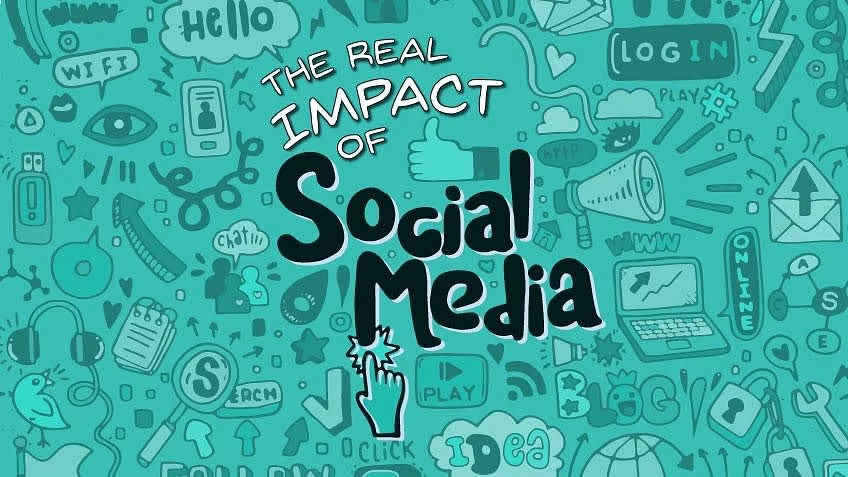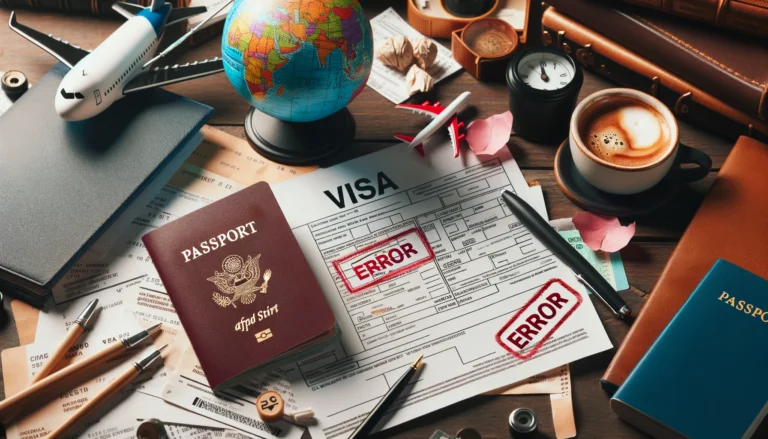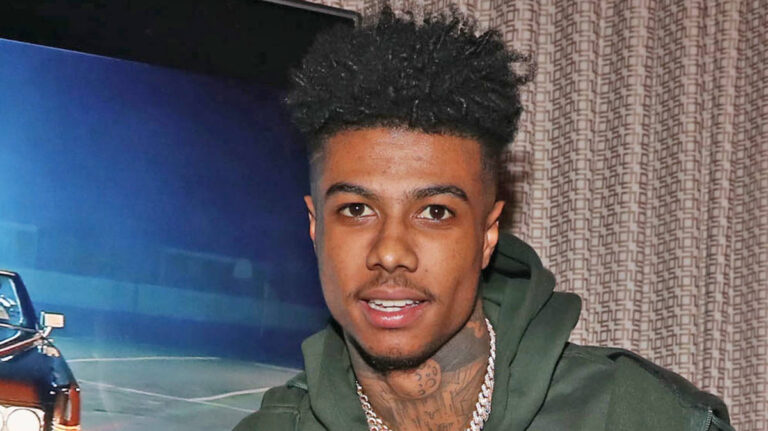Does Social Media Impact Celebrity Security Clearance
Before diving into the relationship between social media and security clearance, it’s essential to understand what security clearance entails. Security clearance is a status granted to individuals, allowing them access to classified information or restricted areas. This clearance is typically required for government-related projects, defense contracts, or other roles involving sensitive data. While security clearance is more commonly associated with politicians, military personnel, and high-level contractors, certain celebrities—especially those working on projects in partnership with the government—may also require clearance. For clearance you may visit nbi online registration.
Social Media’s Role in the Security Clearance Process
In the digital age, social media is increasingly scrutinized during the security clearance process. This applies not only to everyday individuals but also to celebrities who have a significant social media presence. Celebrities’ social media activities—what they post, who they interact with, and even their followers—can become areas of concern for those conducting clearance evaluations. Several factors are considered:
1. Public Statements and Opinions
Celebrities often use social media to voice their opinions on political, social, or global matters. While free speech is a fundamental right, public statements that appear controversial or critical of government policies may raise red flags during the clearance process. A history of divisive or inflammatory posts could call into question a celebrity’s ability to handle sensitive information responsibly.
2. Associations and Interactions
Who a celebrity interacts with on social media can also be subject to scrutiny. If a celebrity follows or engages with individuals or organizations with questionable ties—such as foreign governments, extremist groups, or individuals under investigation—it may negatively impact their security clearance. Investigators may interpret these interactions as a lack of sound judgment or, in extreme cases, a security risk.
3. Privacy and Over-Sharing
Oversharing personal details on social media is another concern. Celebrities are often under pressure to maintain a close relationship with their fans, but sharing too much information about their personal lives, travel plans, or work schedules can be dangerous. This kind of exposure can make it easier for malicious actors to track a celebrity’s movements or exploit vulnerabilities, further compromising their ability to maintain security clearance.
4. Online Behavior and Cybersecurity Awareness
Security clearance evaluations increasingly focus on an individual’s awareness and practices around cybersecurity. For celebrities, posting on unsecured networks, falling victim to phishing scams, or having their accounts hacked can all raise concerns. A celebrity’s history of managing social media security, including the use of strong passwords, two-factor authentication, and their general understanding of online safety, can influence the outcome of a security clearance investigation. Here are the nbi location
High-Profile Cases: Celebrities and Security Concerns
Several high-profile cases highlight how a celebrity’s social media presence can cause security concerns. For example, some actors who work on sensitive government-related projects, such as films with military collaboration, have faced intense scrutiny over their online activities. While there isn’t a widely publicized case of a celebrity being denied clearance strictly due to social media, there have been instances where the online actions of prominent figures have led to controversy or investigations, ultimately affecting their public standing and career prospects.






